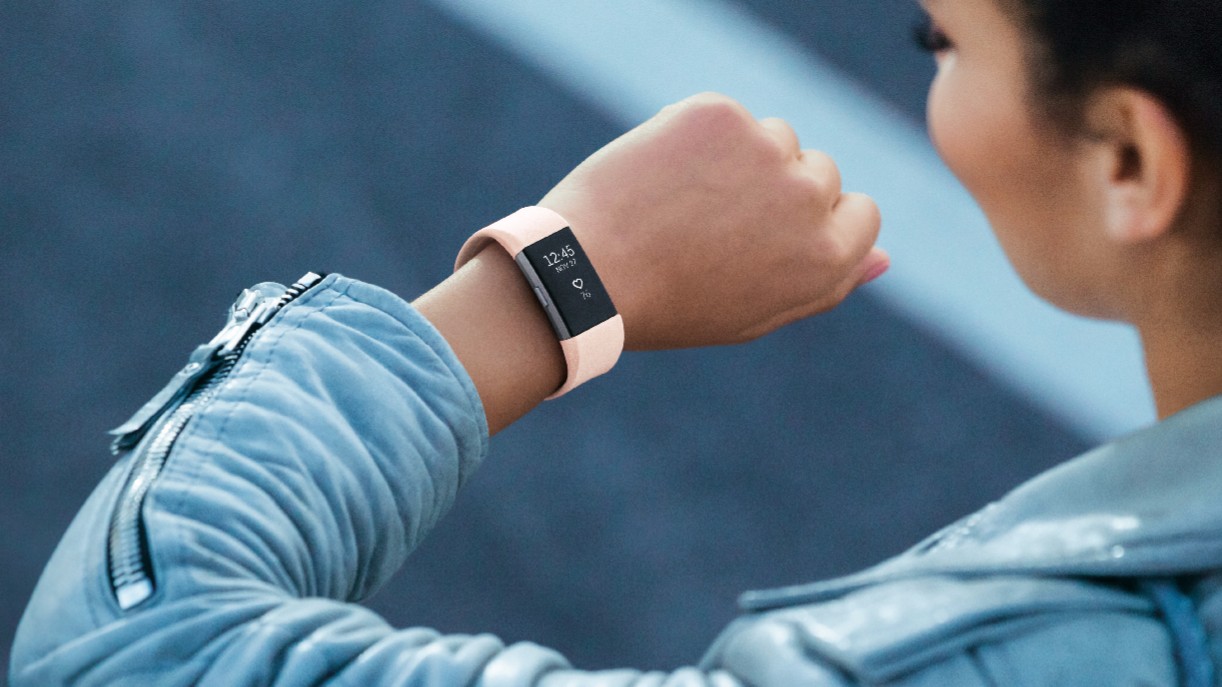Digital health round-up: Lilly joins with Evidation to find digital measures of health

Eli Lilly has expanded a collaboration with data firm Evidation to analyse data from wearables and other devices to uncover novel digital measures of health.
Lilly’s scientists and researchers will have access to Evidation’s data platform with the goal of uncovering ways to measure and understand a patient’s health by accessing consented data derived from smartphones, connected sensors, wearables, and even patients’ voices.
The terms of the agreement were not disclosed, but the initiative was championed by Lilly’s chief digital officer, Divakar Ramakrishnan.
He said the collaboration will be based around Evidation’s Andromeda technology and will allow Lilly’s scientists to gain “a deeper understanding of the physiological, environment, and contextual indicators that can help shape future advancements in medicine and medicine delivery.”
With Andromeda, Lilly scientists now have instant access to a private, collaborative, and secure analytical environment where they can use Evidation’s algorithms to process raw data for use in clinical studies or to create their own predictive models.
The models turn complex, patient-generated behaviour data into novel, quantifiable, and clinically meaningful insights that can transform how diseases are identified, treated, and monitored.
Lilly is already using the technology to analyse data from continuous glucose monitors, insulin pumps and real world information, to improve the experience of people with diabetes, and build a connected system based around an automated insulin delivery device and connected pen.
Evidation has also been working with Eli Lilly's rival in diabetes, Sanofi, in a partnership along similar lines.
Garmin steps into medical wearables
Tech-giant Garmin is stepping into the medical wearables space through a new collaboration with ActiGraph.
The partnership will explore health and activity monitoring innovations combining Garmin wearables with ActiGraph‘s CentrePoint data analytics platform for academic research, clinical trials, and remote patient monitoring.
The collaboration will help Garmin compete against rivals such as Apple and FitBit whose wearable devices have an increasing medical focus with tech like ECG readers.
ActiGraph provides wearable accelerometry monitors and a software technology platform for data monitoring, analysis, and management. ActiGraph monitors are the most widely used and extensively validated devices of their kind, with clients at more than 1,500 pharmaceutical, academic, and scientific institutions in over 85 countries.
In a statement Garmin added that it is committed to the development of wearables that can lead to the detection of serious health conditions and play an important role in the development of both traditional and digital therapeutics.
Novo turns to AI to develop diabetes drugs
Novo Nordisk has signed a deal with UK biotech e-Therapeutics to use its AI-based drug discovery technology to find new therapies for type 2 diabetes.
e-Therapeutics will work with Novo for a year and use its technology to identify novel intervention strategies, biological pathways and compounds that could form the basis of new therapies.
The UK biotech will be reimbursed for its work in the collaboration and has the option to license any intellectual property generated.
Any future licence will require mutual agreement of commercial terms and no other financial details were disclosed.
e-Therapeutics uses a suite of powerful computational tools to augment and interrogate the vast amount of biological information currently available in both public and private databases.
Using techniques such as machine learning, artificial intelligence (AI) and state of the art data analysis, e-Therapeutics creates and analyses network models of disease to identify likely proteins that could be disrupted to treat diseases.
The company said this approach more realistically reflects the true complexity of disease with its multiple and often interconnected cellular pathways.
Novo Nordisk already has a research centre in Oxford, where visiting researchers are working with Oxford University academics to advance development of therapies for type 2 diabetes.
NICE develops digital health standards
NICE has published new standards setting out the requirements needed to develop digital health technologies for the NHS and speed up uptake of products like healthcare apps and wearable devices.
Working collaboratively NHS England, NICE, NHS Digital, MedCity, Public Health England and DigitalHealth.London have been engaging with industry, commissioners and innovators to understand what is required for health technology to thrive in the UK.
The resulting standards have been developed to support digital health technology development and provide guidance on what evidence is needed when innovators present their products to NHS commissioners.












